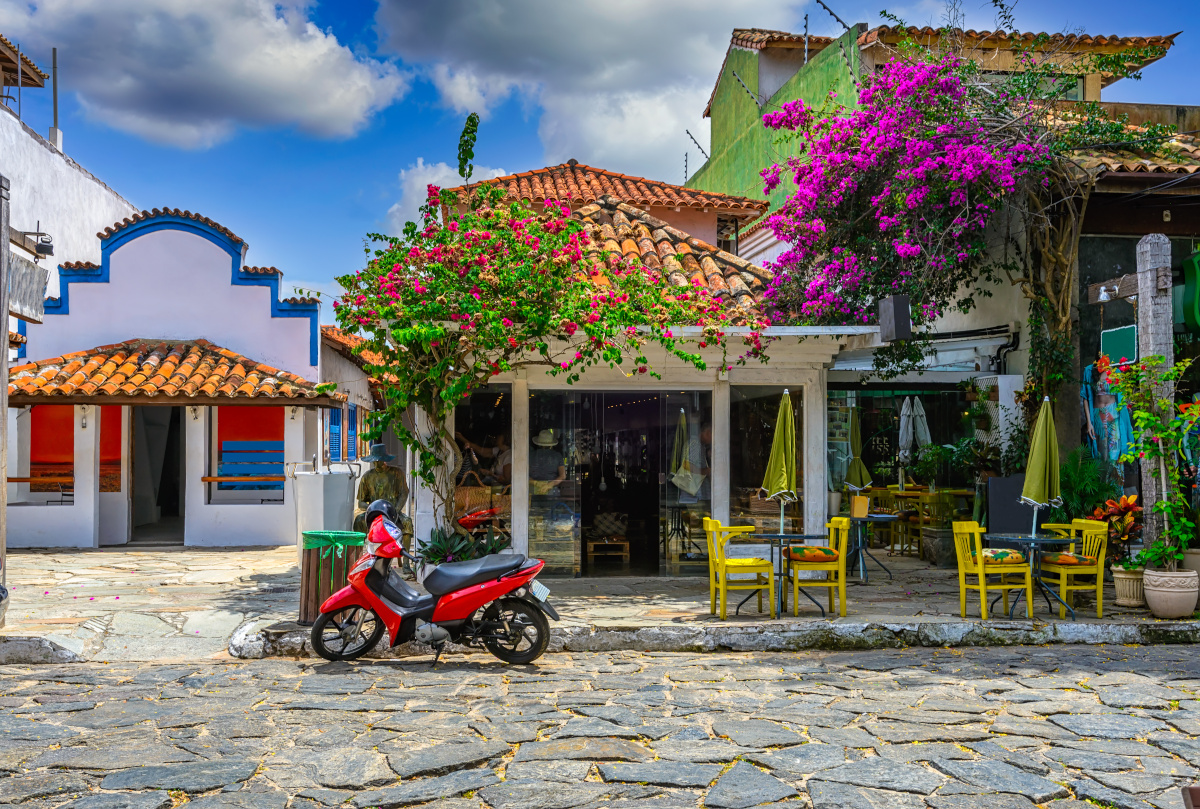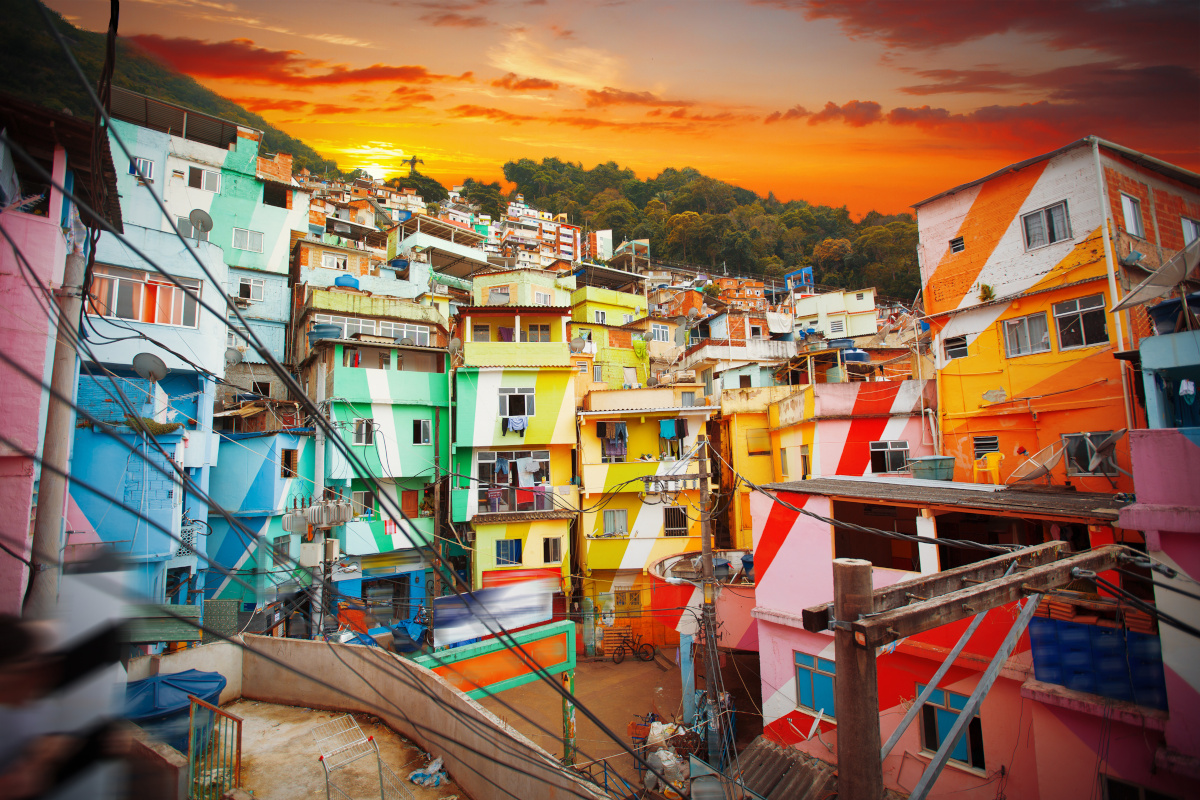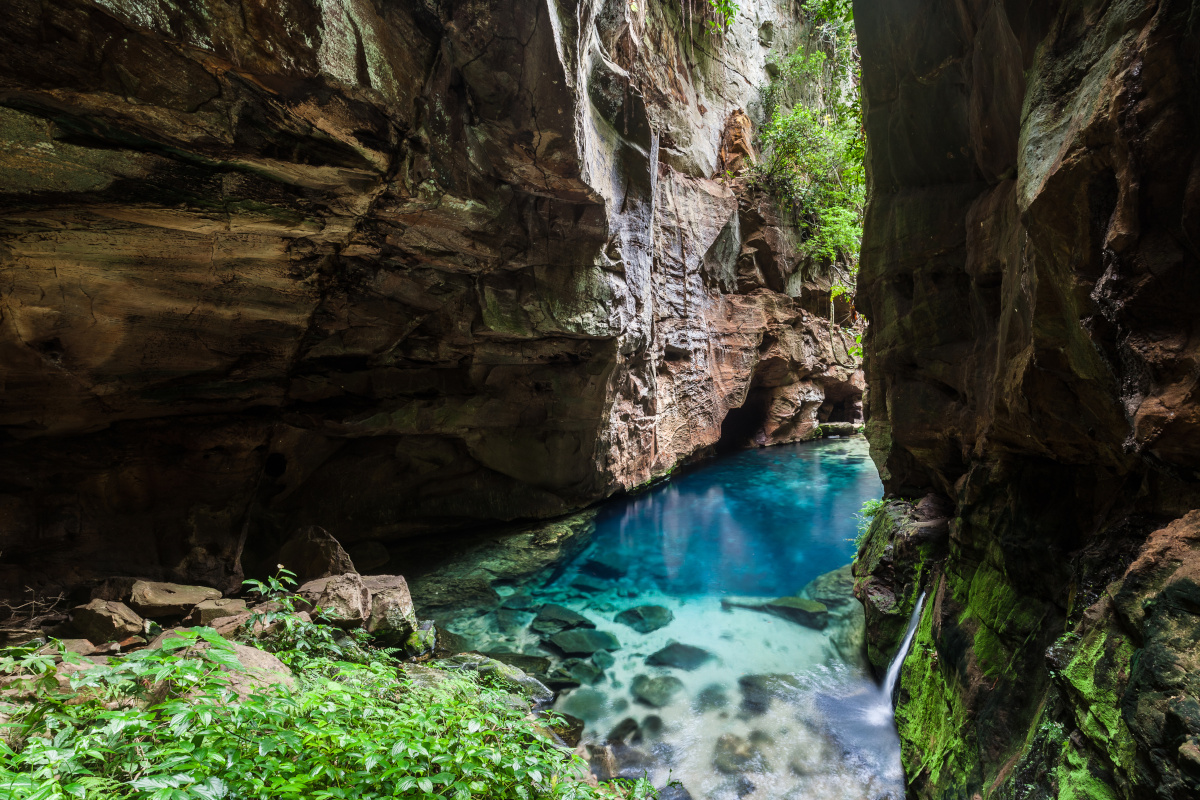
Health & Safety When Traveling to Brazil
Stay Safe and Healthy on Your Brazil Trip With Redpoint Insurance
When it comes to staying safe and healthy in Brazil, there's plenty to keep in mind. Mosquito-borne illnesses are prevalent, so preventative measures should be taken, and some travelers will also need vaccines.
In addition, crime — and in particular, violent crime — can sometimes be directed at tourists. It's important to stay vigilant and be knowledgeable about what areas to avoid and how to stay safe during your trip.
For all these reasons and more, it's essential to take out comprehensive travel insurance for Brazil before your trip. You need a policy that'll cover you for everything from emergency medical care and theft of your personal belongings to trip delay and disruption.

Medical, Health & Safety Considerations in Brazil
To prepare you for your trip, let’s take a look at some of the most common Brazil travel health and safety considerations travelers should know.
Common Diseases
Brazil’s tropical climate makes it susceptible to various mosquito-borne viruses, some of which can result in severe disease, including malaria, dengue fever, chikungunya, and Zika virus. While some of these can be vaccinated against, others cannot, so you’ll need to take measures to reduce mosquito and insect bites during your stay.
Gastrointestinal illnesses can also occur, particularly if hygiene precautions are not followed.
For current travel advice, consult the World Health Organization (WHO) for health news and updates before your departure.
Vaccinations
While there are no required vaccinations to enter Brazil, the U.S. Centers for Disease Control and Prevention (CDC) recommends that travelers visiting certain regions in the Amazon be vaccinated for yellow fever, as well as hepatitis A, hepatitis B, typhoid, rabies, and tetanus.
Mosquito-borne illnesses are also prevalent, so take steps to reduce your exposure to insect bites, whether you’re in rural or urban areas.
Local Medical Treatment
Brazil has both public and private healthcare systems. While public healthcare is free, it can be crowded and sometimes limited in rural areas. Private hospitals and clinics offer higher standards of care, but costs can be significant.
Visitors should have comprehensive travel health insurance — including medical-evacuation coverage and waivers for any pre-existing medical conditions — to cover any medical emergencies.
Pharmacies are widely available, and many offer over-the-counter medications for minor ailments, though it doesn’t hurt to travel with your own first-aid kit.
In an emergency, dial 190 for police and 192 for ambulance services in Brazil.
Water & Food
Tap water is not safe to drink in most parts of Brazil, so visitors should drink bottled or filtered water and avoid ice made from tap water.
While Brazilian food is diverse and delicious, it’s often sold by informal roadside vendors. To improve your chances of avoiding food-borne illness, you may want to exercise caution with street food.
Air Quality
Air quality in Brazil can vary depending on the region and environmental conditions. Wildfires in forested regions can have a negative impact on air quality, and urban areas typically experience worse pollution in hot and dry weather. Travelers with respiratory conditions should check the air-quality index to monitor local conditions during their trip.
Crime & Personal Safety
Some areas of Brazil have high crime rates. Petty crimes, like pickpocketing and theft, are common, as they are in many tourist destinations, but violent crime directed at tourists can also occur.
Travelers should be particularly vigilant and follow any guidelines issued by the U.S. State Department about which areas to avoid. Avoid displaying valuables, be cautious when using ATMs, and defer to local police if there are disturbances in the area where you’re staying.
Natural Disasters
When it comes to natural disasters in Brazil, wildfires can occur in the Amazon, and there can be flooding and landslides during the rainy season, particularly in coastal and mountainous regions, as recently seen in the states of São Paulo and Rio Grande do Sul.
To be prepared, stay updated on weather forecasts when planning travel, monitor local media if any natural disasters occur during the course of your visit, and register for the State Department’s Smart Traveler Enrollment Program (STEP) before your departure in case of emergencies.
Local Laws
To avoid complications in Brazil, you may want to familiarize yourself with the local laws and regulations relevant to travelers.
The country has decriminalized the possession of some previously illegal drugs, like marijuana, but penalties for drug trafficking are still severe.
Always carry identification during your time in Brazil, read up on the local traffic laws, and be aware of restricted areas for drones or photography.
Popular Brazil Health & Safety Searches
FAQs about Brazil Travel Health & Safety

Is Brazil safe to visit?
It is also advised that travelers avoid the bordering regions with Venezuela, Colombia, Peru, Bolivia, Guyana, Suriname, French Guiana, and Paraguay.
What vaccinations are needed to travel to Brazil?
You may also be asked for proof of onward travel (i.e., a flight home) and sufficient funds to cover the duration of your trip.
What is required for a U.S. citizen to visit Brazil?
You may also need to present a yellow-fever vaccination certificate, depending on where you've transited through or where you're visiting in Colombia, so the State Department suggests checking the Colombia Ministry of Health website for those requirements.
Are there any COVID-19 restrictions for travelers to Brazil?
What happens if a tourist gets sick in Brazil?
While they are faster and offer higher-quality care, private healthcare facilities also require payment upfront, so having travel insurance is crucial to cover those costs. Remember, your domestic health insurance will not cover you while in Brazil.
Travelers should contact their insurance provider for assistance locating suitable facilities and an English-speaking healthcare professional, as well as navigating payments. Redpoint's 24/7 assistance line can also provide help and guidance at +1-415-481-0610.
Are the hospitals good in Brazil?
Public hospitals, on the other hand, may lack resources and experience overcrowding. Tourists are advised to seek care at private facilities whenever possible, making travel insurance with comprehensive medical coverage a must.
Protect Your Trip With Redpoint Travel Insurance
Whether you’re exploring Brazil’s diverse forested areas or enjoying the famous beaches of Rio, Redpoint’s comprehensive, easy-to-understand policies can cover adventures of all kinds. Explore our three international travel insurance plans — Ripcord, Cavalry, and Harbor — and get a quote today.

